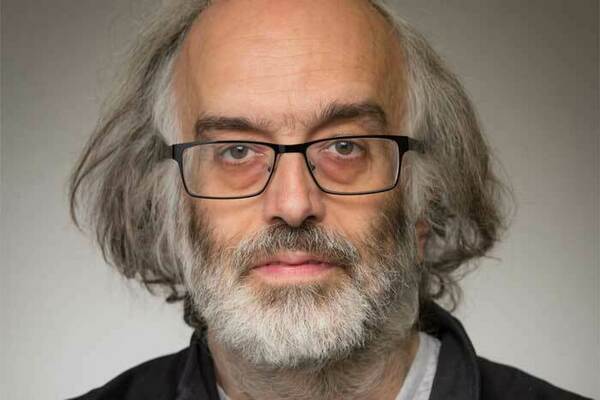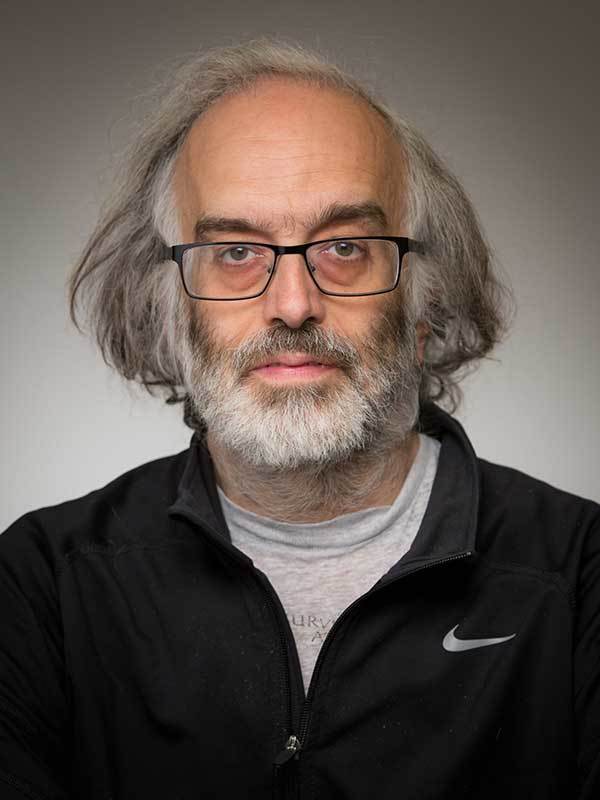
Professors, graduate students, and undergraduates shared their knowledge about geometric representation theory for three weeks in June during the 8th consecutive Center for Mathematics Thematic Program.
 Samuel Evens
Samuel Evens
The program, organized this year by Samuel Evens, professor in the Department of Mathematics, Thomas Nevins, ’93, now a professor of mathematics at the University of Illinois, and Kevin McGerty, associate professor of mathematics at Oxford University, began with a week-long undergraduate portion. That was followed by another week for graduate students, and capped off with a week set aside for active researchers to discuss their current work.
The yearly event showcases the different areas of mathematics research at Notre Dame, and gives mathematicians at all stages of study the chance to collaborate and learn new ideas. Most papers are now written in collaboration, and the thematic programs prepare students for that process by including time for students to work together on problems, Evens said.
“The pure math community is very small; in the U.S. it’s probably counted in thousands rather than tens of thousands,” Nevins said. “This conference is a good way to find out what others are researching, and is a great opportunity to meet young people and share with them what the more senior people are doing.”
Geometric representation theory is one of the major tools for understanding the role of symmetry in mathematics, physics, and nature. The thematic event covered all topics and current research. The field is related to the research done by Martha Precup, who earned her doctorate in mathematics at Notre Dame, just completed her postdoctoral work at Northwestern University, and will join the mathematics faculty at Washington University in St. Louis in August.
The conference was an ideal way for undergraduates and graduate students to learn a broad overview of the topic, Precup said. “Young people hear the experts give an idea, and provide a roadmap of where (the undergraduate or graduate students) may be going in mathematics. It’s a very valuable experience.”
The conference is a painless way for graduate students to enter a slightly different area than they have been studying, according to fifth-year Notre Dame graduate student Kostya Timchenko. And undergraduate students “get a chance learn and see some beautiful tricks in math,” he said.
Twenty-two undergraduates participated in the first week, 50 graduate students the second, about 50 researchers participated during the final week. Notes were produced from the lectures and problem sessions, and Evens plans to use the them in reading or advanced courses during the academic year.
“Our hope is that this will encourage students to work collaboratively in graduate school and beyond,” Evens said. “A postdoc told me that she felt like she had spent more time talking to her graduate school adviser at the conference than during her time in graduate school, and this gave her the opportunity to test out many of her current ideas.”
The summer thematic programs are funded in part by the National Science Foundation, and last year the program met a milestone with its 1,000th participant. In 2019, the graduate segment of the program will be extended to two weeks in order to further foster discussion, group work and presentations among young mathematicians.